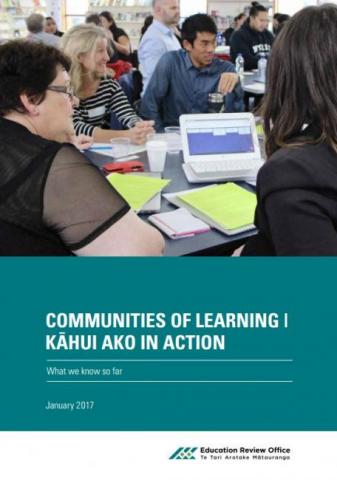Wellbeing for Young People's Success at Secondary School
Published: 19 Feb 2015
This report presents the findings of ERO’s evaluation of how well 68 secondary schools in Term 1 2014 promoted and responded to student wellbeing.
- Audience:
- Education
- Parents
- Schools
- Content type:
- Research
- Topics:
- Wellbeing
- Mental health
- Resilience
- Responding to issues




